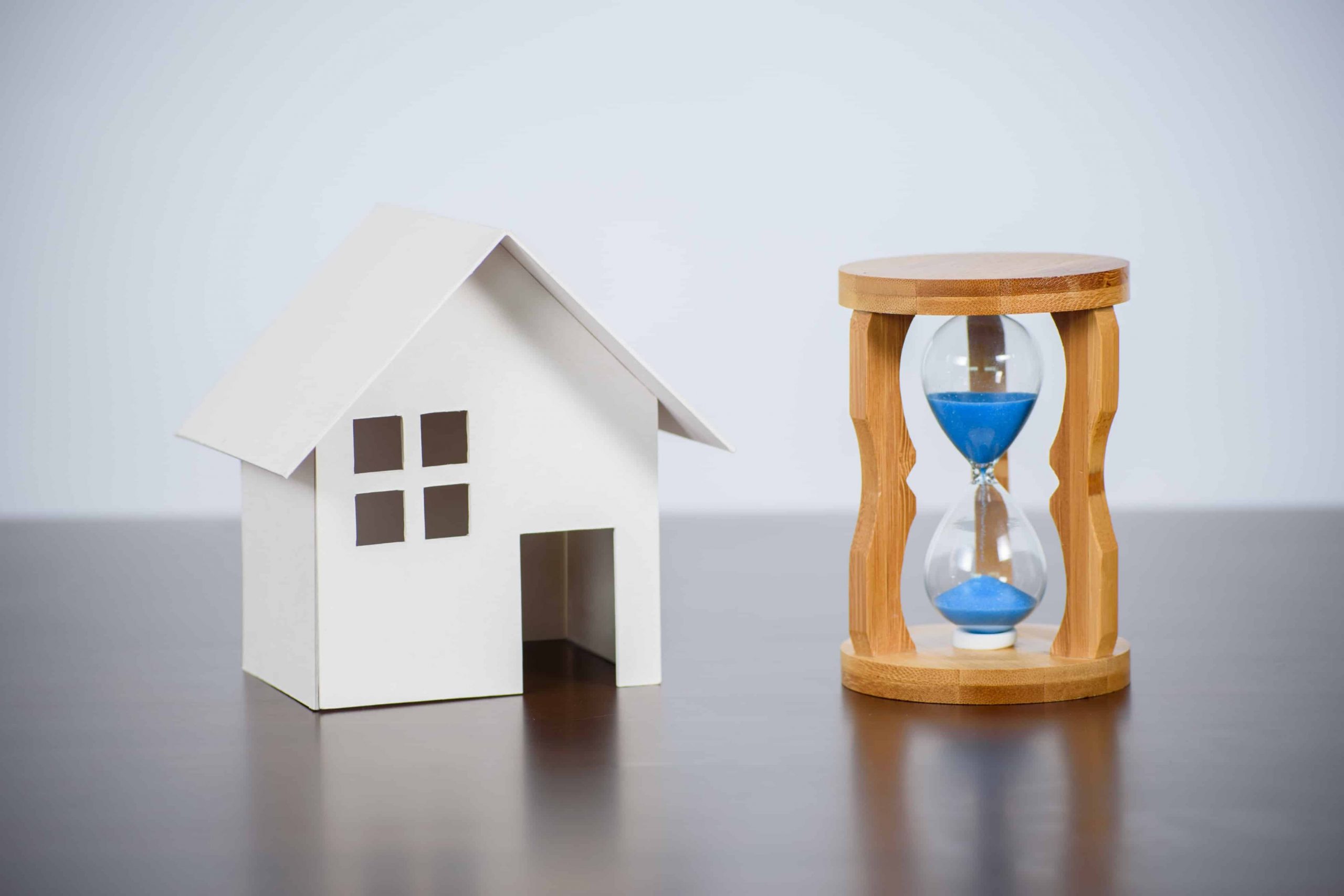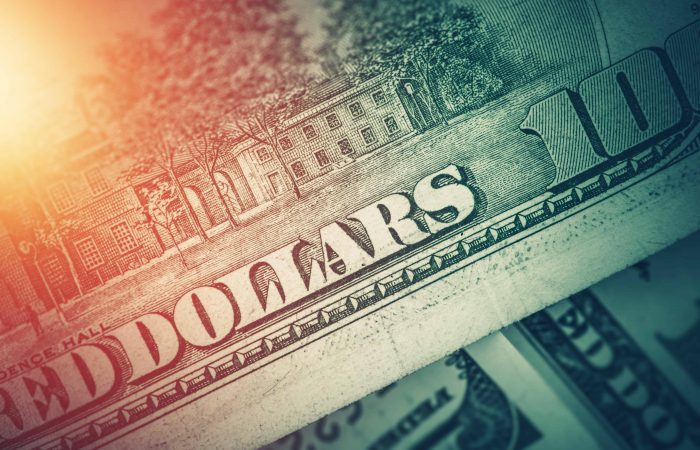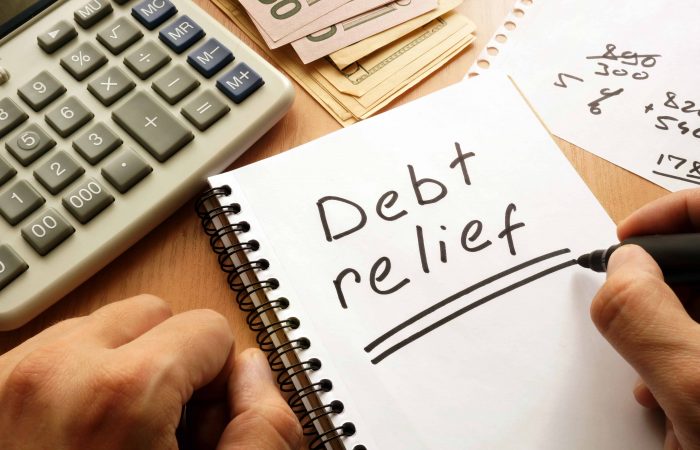For people looking for a new home, there are several possibilities available on the housing market. One option they should take into account is buying a house that is dealing with foreclosure in one way or another. Because foreclosed homes are typically sold at a much lower price, people frequently pick this alternative.
Although there may be a discount on the price, there is still a drawback. This is because people cannot be sure of the property’s management history. Simply put, it could be a wreck. People may be confused about purchasing a foreclosed property. However, this is the purpose of this article—to offer some explanations to frequently asked questions about foreclosed homes.
A Basic Guide to Foreclosure: What to Know
A foreclosure occurs when a lender or bank seizes and takes ownership of a housing property. This happens when the borrower is unable to repay the loan. An example of a lender would be a mortgage company, while a borrower would normally be the person who resides in the home. The way it works is that the bank puts the house back on the market after the borrower vacates the property.
In most cases, properties that are about to go into foreclosure are typically offered for sale at a reduced price or at auction by the bank. Families that are unable to pay back their mortgage loans frequently lack the money necessary to maintain their homes. This brings us back to why buyers of foreclosed homes should anticipate having to make home repairs.
Why Do Foreclosed Homes Sell for Less Money?
The lower price is the primary factor that draws prospective homebuyers to foreclosed homes. Compared to similar alternatives, these lowered prices are considerably less expensive. Additionally, these homes have extra cost savings. These savings come in the form of reduced interest rates, a smaller down payment, and lower closing expenses. Homebuyers also favor these kinds of homes because they capitalize on the idea that the sellers are likely to be experiencing money problems. In other words, a house that is now in pre-foreclosure could indicate that the owners are in a hurry to sell. This means that since the sellers are eager to sell the house, the homebuyers are in a better position to negotiate the price.
Additionally, homebuyers will benefit even more if the home is taken from the current owners. The reason for this is that these properties are less expensive because they are being offered as-is.
Locating a Foreclosed Property
It could be more difficult than people expect to locate a house that is about to go into foreclosure. However, people can begin their search by browsing online, looking for newspaper advertisements, or visiting multiple-listing service (MLS) websites. Individuals should keep an eye out for the foreclosures stated when researching these homes.
The property description contains information about the property that may not be included in the title. People may also need to contact a nearby real estate broker to ask about any offers they are aware of.
The Process of Foreclosed Listings
When people search for properties that are at risk of going into foreclosure, they will find five different kinds. The five kinds include:
- Pre-Foreclosure Homes
- Directly Purchased by the Bank
- Auction Homes
- Short Sales
- Properties that the Government Owns
Pre-Foreclosure Homes
There are different stages of the foreclosure process. Homes that are in pre-foreclosure are at the early beginning of this process. At this point, a notice of default is filed on the property by the lender, who also informs the present borrowers. Pre-foreclosure occurs prior to the house being put up for auction. During this time, the homeowner will get a letter informing them that the foreclosure process will begin. Additionally, homeowners frequently list their home as a pre-foreclosure property in an attempt to sell it.
It’s a win for the home buyer to search for pre-foreclosure homes. Simply put, potential buyers know the owners are committed to selling the property quickly in order to pay back their loan.
Directly Purchased from the Bank
If a property doesn’t sell at the auction, the bank will get it back. At this point, the property is REO (real estate-owned) property. People can ultimately spare themselves the headache of attending auctions by simply buying the property straight from the bank.
Auction Homes
There is a grace period for the borrower after being notified. The next phase is a sheriff’s sale auction when the borrower’s grace period has passed. Because the loan is in default, the goal of this auction is to ensure that the lender gets their money quickly. These auctions can be found in many places. However, the auctions are usually held outside an official building.
Short Sales
A short sale occurs when the lender takes less money for the house than what is owed on the mortgage. Lenders might approve a short sale even if borrowers are not in default. Nonetheless, when a lender approves a short sale, the present owner will have to present evidence that they are having financial hardships such as evidence of job loss or difficult financial circumstances. Those searching for foreclosed properties will probably find short-sale properties listed as “pending bank approval.”
Furthermore, individuals who buy a short-sale property will find the process comparable to that of a traditional home purchase. However, the terminology of the contracts varies, which is the only thing that makes them different. Additionally, the short sale purchase procedure can take more time than a typical property purchase normally would. So it’s essential for people to weigh their options when they consider it.
Properties That the Government Owns
Homes are purchased with different kinds of loans. In cases where a home is bought by a loan that is guaranteed by the government, then the government would take possession. This would include FHA loans, VA loans, etc. This is different from non-government backed loans because possession would go to a financial institution in this case.
Brokers who are registered with the government then sell these homes once the government reclaims ownership. Ultimately, contacting these brokers is necessary for anyone thinking about purchasing a piece of real estate that the government owns. Additionally, the U.S. Department of Housing and Urban Development (HUD) website allows interested buyers to browse available properties.
The Disadvantages of Buying a Foreclosed Property
The fact that these homes are less expensive is just one of many benefits of purchasing them. Nevertheless, buying a property that is up for foreclosure has its drawbacks as well. These drawbacks include:
- Markets that are competitive
- Hidden fees
- Issues with the property
- Slow buying process
Markets That Are Competitive
If a property is available for less money, it will surely appeal to a lot of homebuyers. Simply put, when there is a strong demand for a house, it can result in competitive bidding for it. If this lasts for a long time, competitive bidding could ultimately raise the price of the property, making it overly expensive. If another house buyer offers a higher bid, it can be intimidating. Nonetheless, people should occasionally follow up because it’s normal for foreclosure agreements to fall through.
Hidden Fees
Because nothing is perfect, people should be ready to handle any potential hidden fees that come with these properties. That includes hidden fees like unpaid taxes or liens, which may result in increased costs for a home that is in poor condition. Thus, people should be mindful of any potential hidden fees associated with a property that is in foreclosure. People must also remember that the entire amount must be repaid before the purchasing phase is complete.
Issues With The Property
To start with, people must be aware that it might be very risky to buy a house in its existing condition. This is because these houses may require extensive repair work that the new owner will have to deal with. To add to that, there may possibly be some small fixes that they must also take care of. People should also remember that it’s not unlikely for former owners to not want to be supportive or helpful. In some cases, individuals who face foreclosure may act aggressively toward the home before the bank seizes it. This puts the new homeowner in the position of having to fix up the damage the former owner has caused.
Slow Buying Process
In most cases, foreclosure is a slow procedure that requires plenty of paperwork. When buying a home, there are a lot of potential obstacles that individuals can face. For instance, if the house has significant damage, its home appraisal estimate will be low. Thus, it may be more difficult for people to obtain funding as a result of the low home appraisal estimate. Additionally, this can slow the process even further.
Bottom Line: Should People Buy a Foreclosed Home?
People looking to purchase a home should take foreclosed properties into account. Usually, these properties are reasonably priced–there’s a good reason for that. Typically, the previous owners of these properties did not take good care of them. As a result, the lender makes an effort to make up for any possible losses. People can search online, look at newspaper ads, and visit MLS websites if they’re looking to find these kinds of houses.
Individuals are likely to find these five typical types of foreclosed homes, such as:
- Pre-Foreclosure Homes
- Directly Purchased by the Bank
- Auction Homes
- Short Sales
- Properties that the Government Owns
When it comes to the buying process, these properties will differ depending on the type. All in all, people looking to buy a home will find more options available to them than they may think.



